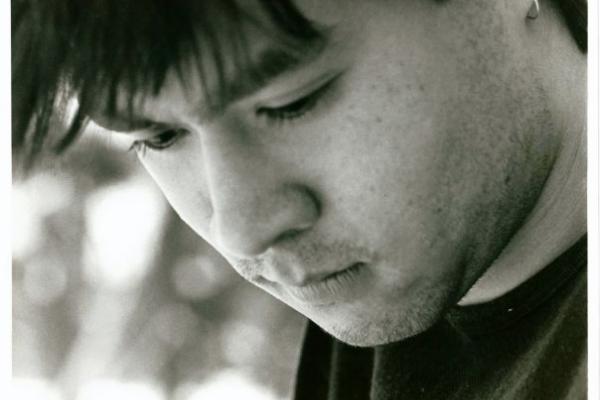My neighbors signed my report card.
Having had the same conversation countless times in my life, I have learned that one sentence sums up a cacophony of explanations.
It is tricky, I have found, trying to explain why friends are listed as my emergency contacts, why I wake up Christmas morning in the home of people to whom I am not related, and why my parents — both living — have been anything but.
The separation started so long ago that I struggle to remember exactly when it began. When I was starting middle school my mom’s depression hit hard and fast. My dad, who understands love as a finite commodity, could not muster any for me. Loving her meant giving all of it to try to save her. His attempts and inability to do so created a stress that amplified his MS from inconvenient to disabling.
In a moment, it seemed, they were gone.
We were wealthy and Southern and had everything that went along with both: a close-knit community, punctilious social obligations, and money to stay afloat. In the world in which I grew up, everyone surely knew everything about everyone, but damn if they weren’t polite enough to pretend it was all OK. It was a magnificent masquerade.
But the truth remained: I was an orphan.
Read the Full Article

